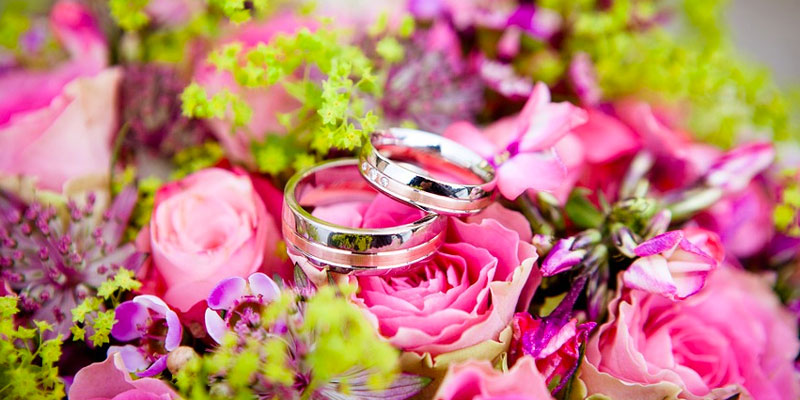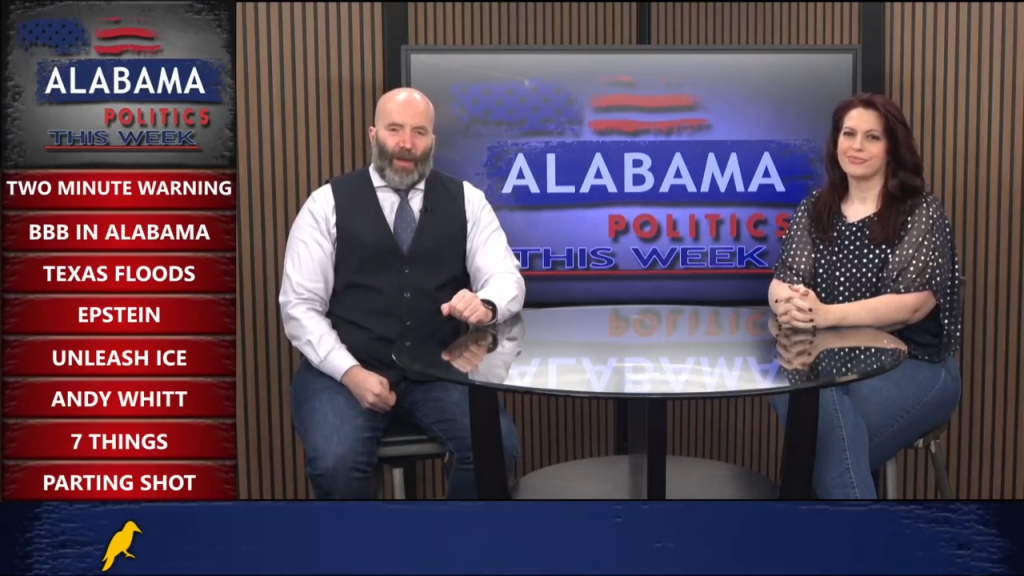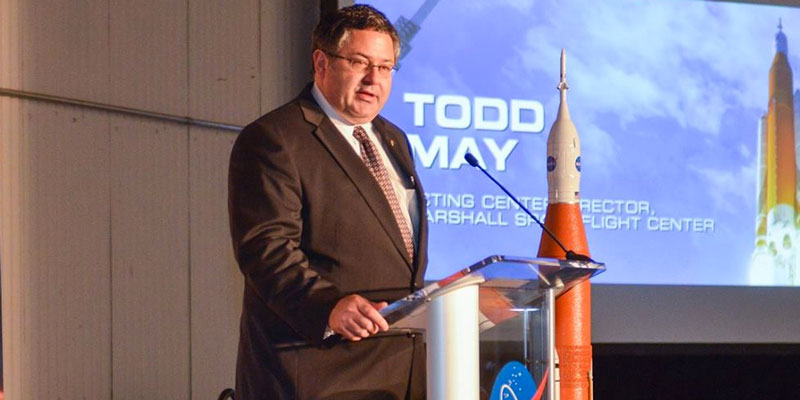The Supreme Court on Monday declined to review a decision by the Washington Supreme Court upholding a judgment against a florist who refused to make a floral arrangement for a same-sex wedding.
In so doing, the justices passed up an opportunity to fill in the blanks in last week’s high-profile ruling in favor of a Colorado baker punished for refusing to bake a cake for a same-sex wedding.
Whether you favor expansive protections for gay couples or come down on the side of vendors with religious objections to same-sex unions, the most frustrating aspect of last week’s ruling in the Masterpiece Cakeshop case was its lack of clarity.
The Supreme Court hears less than 1 percent of the requests it gets, so it is rather useless as an instrument for resolving disputes on a case-by-case basis. Its most important duty is to lay down clear guidelines to lower courts that decide the vast majority of legal disputes.
And on that score, the high court failed last week. For evidence of that, look at the disagreement among America’s smartest legal scholars and biggest news organizations about whether the case represents a big win for religious freedom or whether the impact is limited because of the “narrow” focus on the unusual facts of the case.
Check out some recent headlines in the days since the ruling:
— Seattle Times: “Colorado baker’s case not a license to discriminate.”
— Slate: “Gay Americans Have Little to Fear From the Supreme Court’s Compromise in Masterpiece Cakeshop.”
— NBC: “How the ‘narrow’ ruling in Masterpiece Cakeshop could undermine future civil rights cases.”
— HuffPost: “Masterpiece Cakeshop Ruling Is Not As Limited As Some Might Think.”
— ThinkProgress: “‘Masterpiece Cakeshop’ ruling actually suggests a good decision on gay rights in the near future.”
— The Hill: “The Hill: Supreme Court’s cakeshop ruling is not narrow — and that’s a good thing.”
— The Guardian: “Fury and despair over the Masterpiece Cakeshop ruling are misplaced.”
— SCOTUSBLOG: “Symposium: Masterpiece Cakeshop — not as narrow as may first appear.”
Those wildly divergent and contradictory headlines are a good indication that Justice Anthony Kennedy’s majority opinion was rather opaque. If these independent experts can’t agree, will judges have any more success?
In the first test of that, the Arizona Court of Appeals on Thursday cited the new precedent in upholding a 2013 Phoenix ordinance prohibiting discrimination on the basis of sexual orientation in public accommodations.
Other courts may well come down on the other side.
Lower court judges, in applying the law to a particular set of facts, are supposed to use Supreme Court precedents as the basis. Doing that with the Masterpiece case will be no easy task.
Kennedy addressed that directly. Here is what he wrote: “The outcome of cases like this in other circumstances must await further elaboration in the courts, all in the context of recognizing that these disputes must be resolved with tolerance, without undue disrespect to sincere religious beliefs, and without subjecting gay persons to indignities when they seek goods and services in an open market.”
Got that?
The government must treat people with “sincere religious beliefs” with respect. But it also must ensure that gay people are not subjected to “indignities” when they buy goods and services.
So it seems clear how the courts must rule if members of another commission go as far as making disparaging comments about a person’s faith — as was the case in the Colorado proceedings when one member invoked slavery and the Holocaust in discussing the baker’s faith.
But what about the baker, the florist or the wedding singer who cite their religious beliefs in turning away a gay couple in cases where the commission members do not make such overt statements? Kennedy’s opinion is far from clear.
The Washington State case offered a chance to provide more clarity, but the justices brushed it aside on Monday. Good luck to federal judges now charged with figuring it out.
The result is that far from resolving the question, the court has virtually guaranteed that these kinds of cases will keep returning, one after another, year after year.
@BrendanKKirby is a senior political reporter at LifeZette and author of “Wicked Mobile.”











